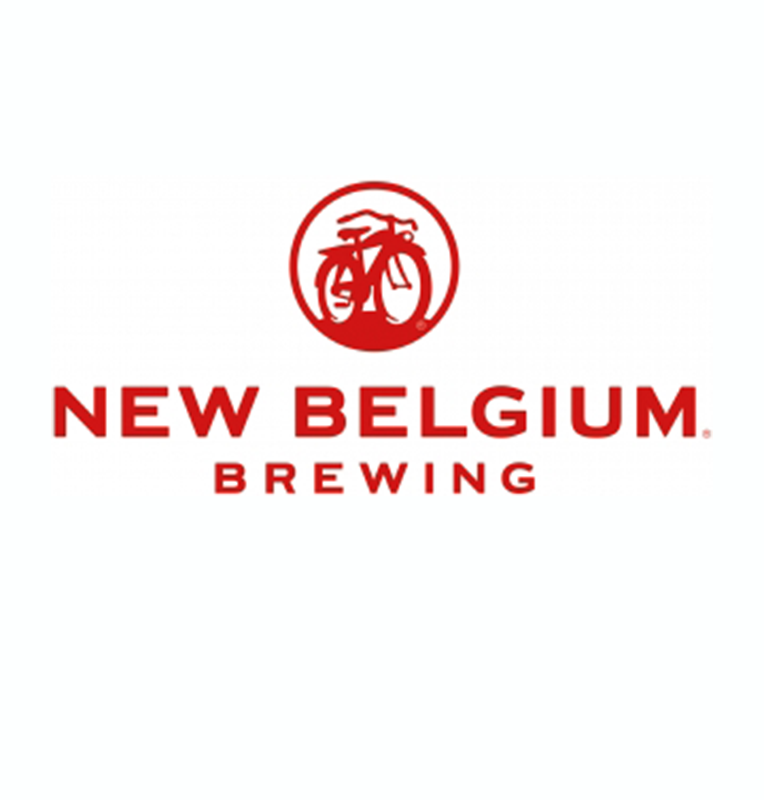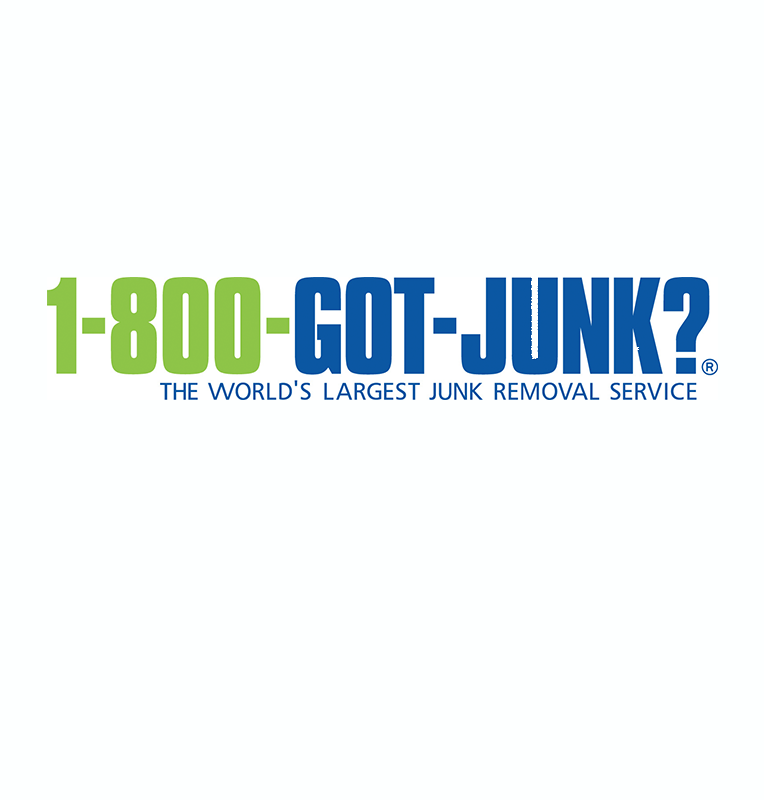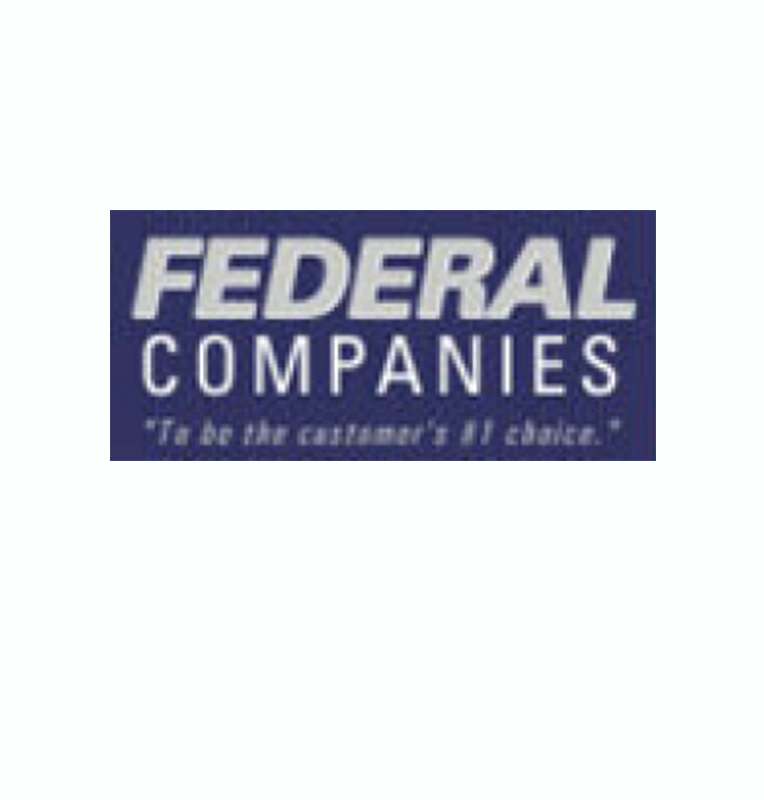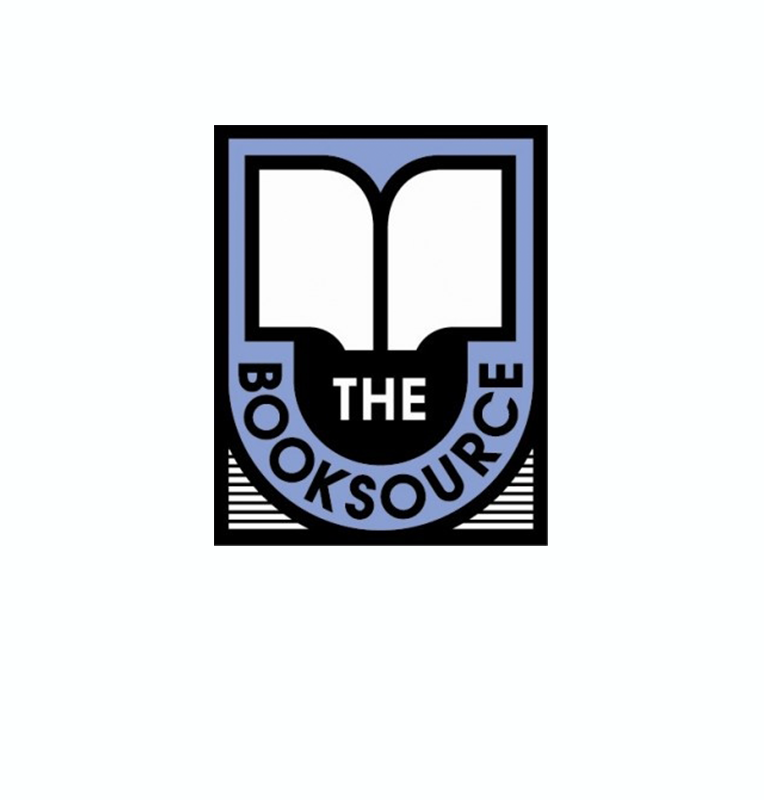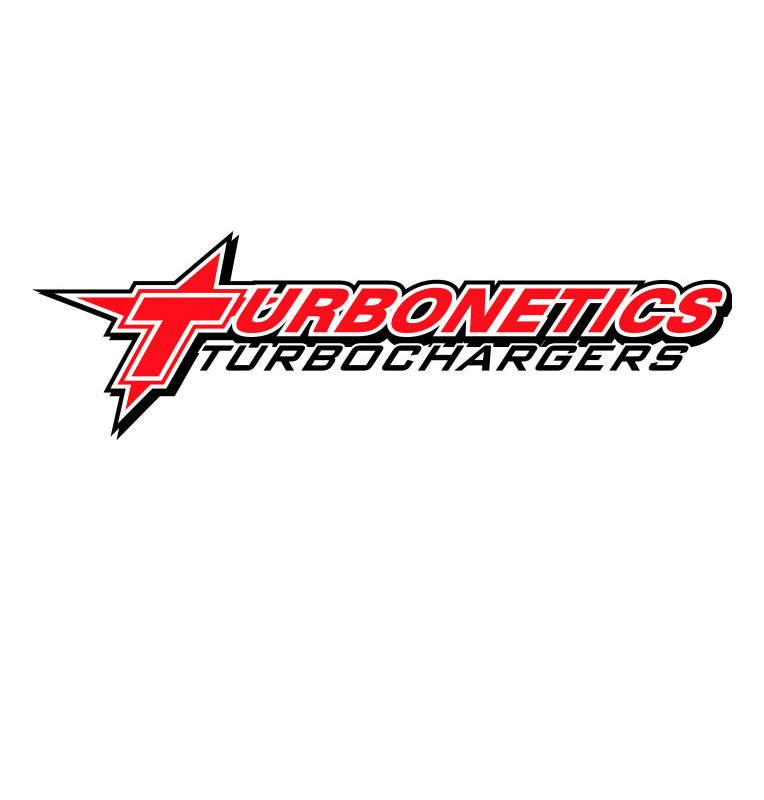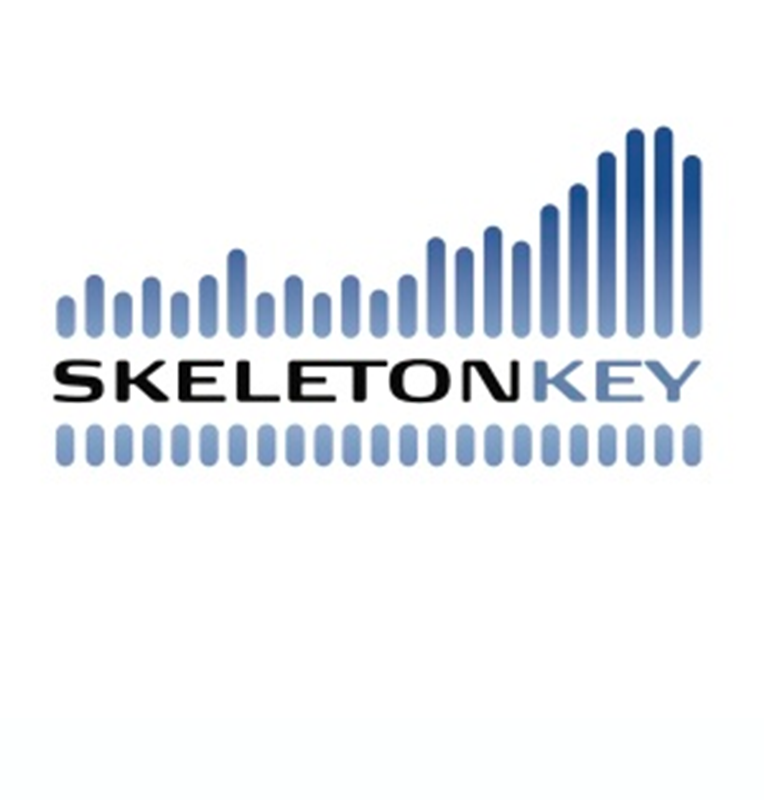Company Background
In 1991, Jeff Lebesch and Kim Jordan launched New Belgium Brewing in the basement of their home. Today, thanks to many delightful brews and some excellent management practices, the $60-million company is the eleventh- largest brewery (and the third-largest craft brewery) in the nation. Based in Colorado, New Belgium is managed by 225 enthusiastic employee owners who brew, taste, package, market and sell about a dozen specialty beers to restaurants, taverns and other outlets throughout the western U.S.
Business Challenges
In recent years, the beer market has been relatively flat. The craft market, however, grew 9% in 2005. Other challenges include lousy weather, smoking bans and stiffer drunk driving laws. (Not that the latter is a bad thing; NBB advocates responsible drinking.) Still, the brewery has enjoyed enviable growth, posting double - and even triple-digit annual growth rates.
.png)


